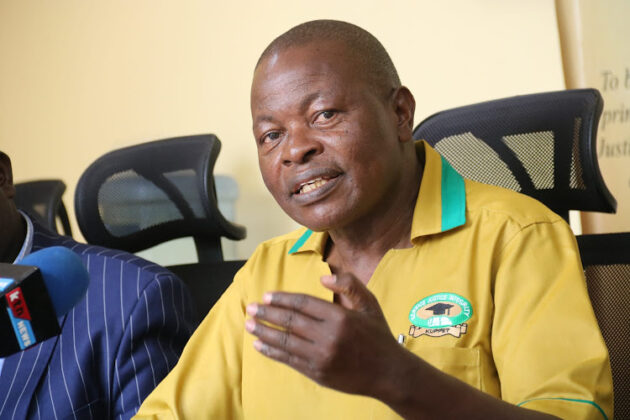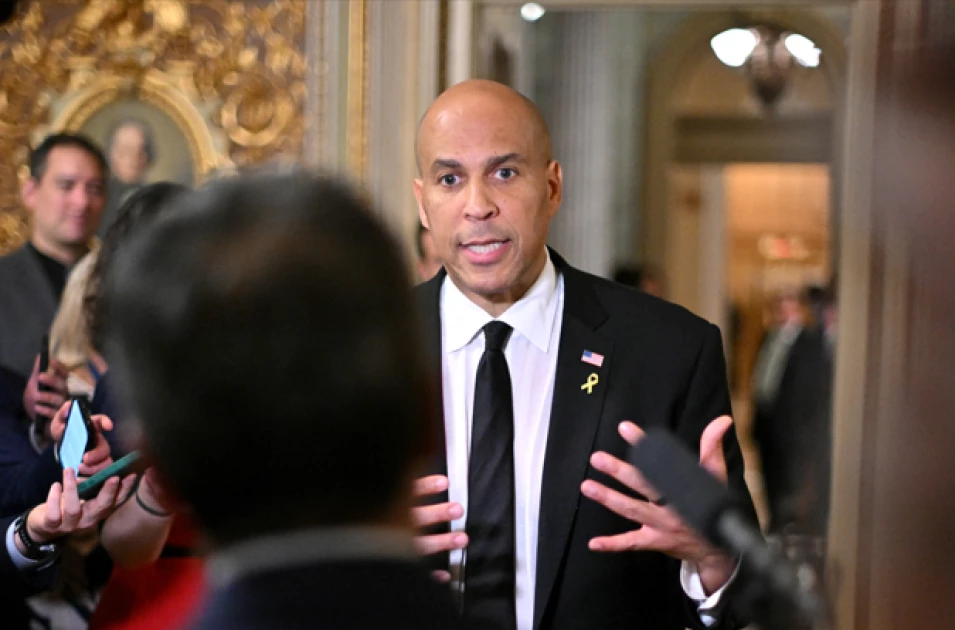Nairobi, August 26-The much-anticipated teachers’ strike spearheaded by the Kenya Union of Post Primary Education Teachers (KUPPET) officially commenced today. While KUPPET remains steadfast in its commitment to the industrial action, the Kenya National Union of Teachers (KNUT) has unexpectedly pulled out, directing its members to report to work as usual.
This split between KUPPET and KNUT has become the talk of the day, highlighting the growing disunity in the representation of teachers’ issues, a matter of grave concern given the ongoing struggles faced by educators across the country. Key among these are poor remuneration, inadequate health coverage, the contentious employment of intern teachers, and stagnant career progression.
Earlier in the week, there was hope that the two unions might unify their efforts and present a strong, collective voice. However, this optimism was short-lived when KNUT abruptly called off their strike on Sunday, citing ongoing administrative efforts to address their concerns. KNUT’s Secretary General, Collins Oyuu, announced that the decision was influenced by assurances from the government and the Teachers Service Commission (TSC) regarding the phased implementation of the 2021-2025 Collective Bargaining Agreement (CBA), which would see some salary increments and promotions.
Despite these assurances, KUPPET remains unconvinced, emphasizing that the issues at hand are far from resolved. The union’s National Governing Council voted overwhelmingly in favor of the strike, underscoring their dissatisfaction with the slow and piecemeal approach taken by the government and TSC. KUPPET has pointed out that many teachers continue to struggle with poor pay and inadequate health coverage, while the employment of intern teachers, who are often overworked and underpaid, remains a contentious issue.
The stark contrast between the two unions’ approaches has left many teachers feeling confused and abandoned. While KNUT’s decision to back down has been framed as a pragmatic move in light of ongoing negotiations, KUPPET’s persistence in striking highlights the deep-seated frustration among educators who feel that their voices are not being heard.
As the strike progresses, it remains to be seen whether the government will address the underlying issues that have led to this division. For now, KUPPET stands alone in its fight, representing thousands of teachers who are demanding more than just promises—they want tangible, immediate action to improve their working conditions and livelihoods.














